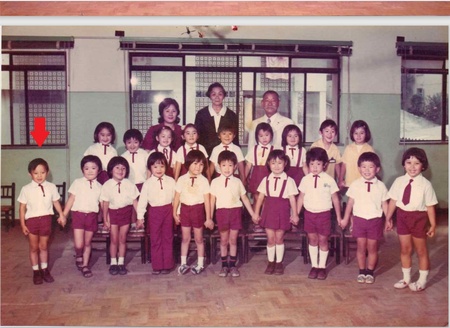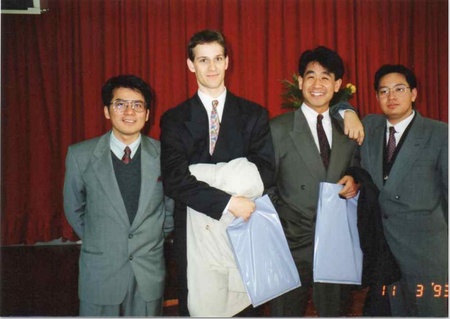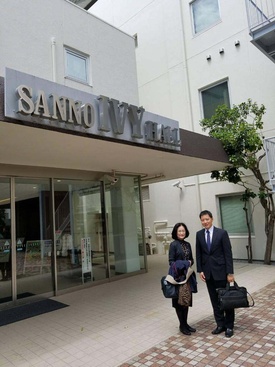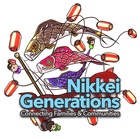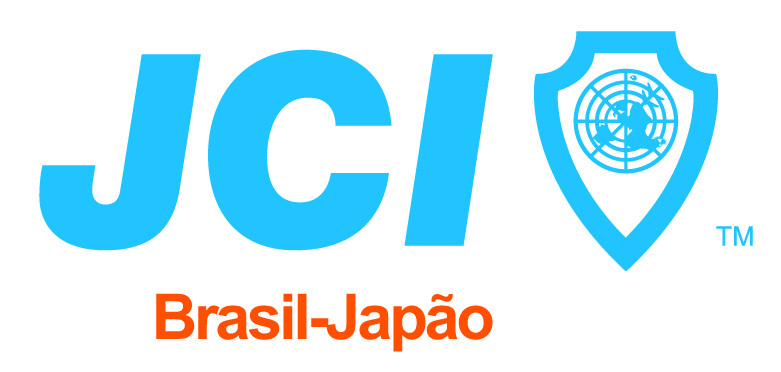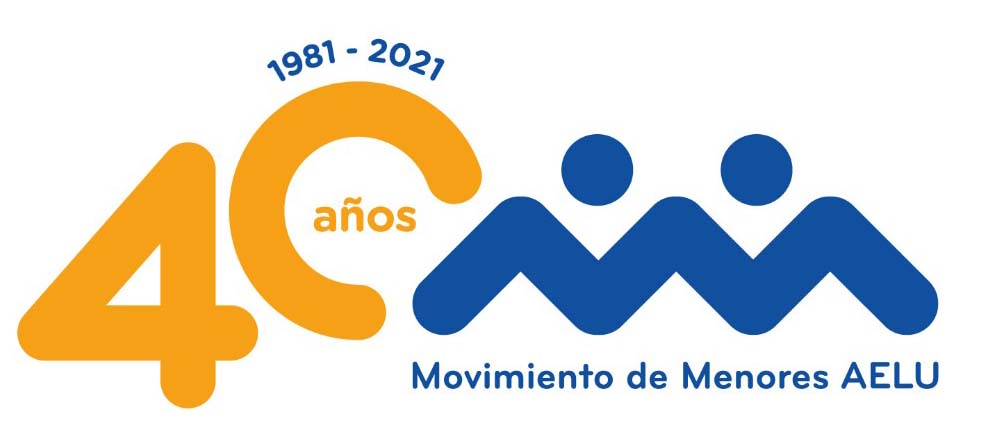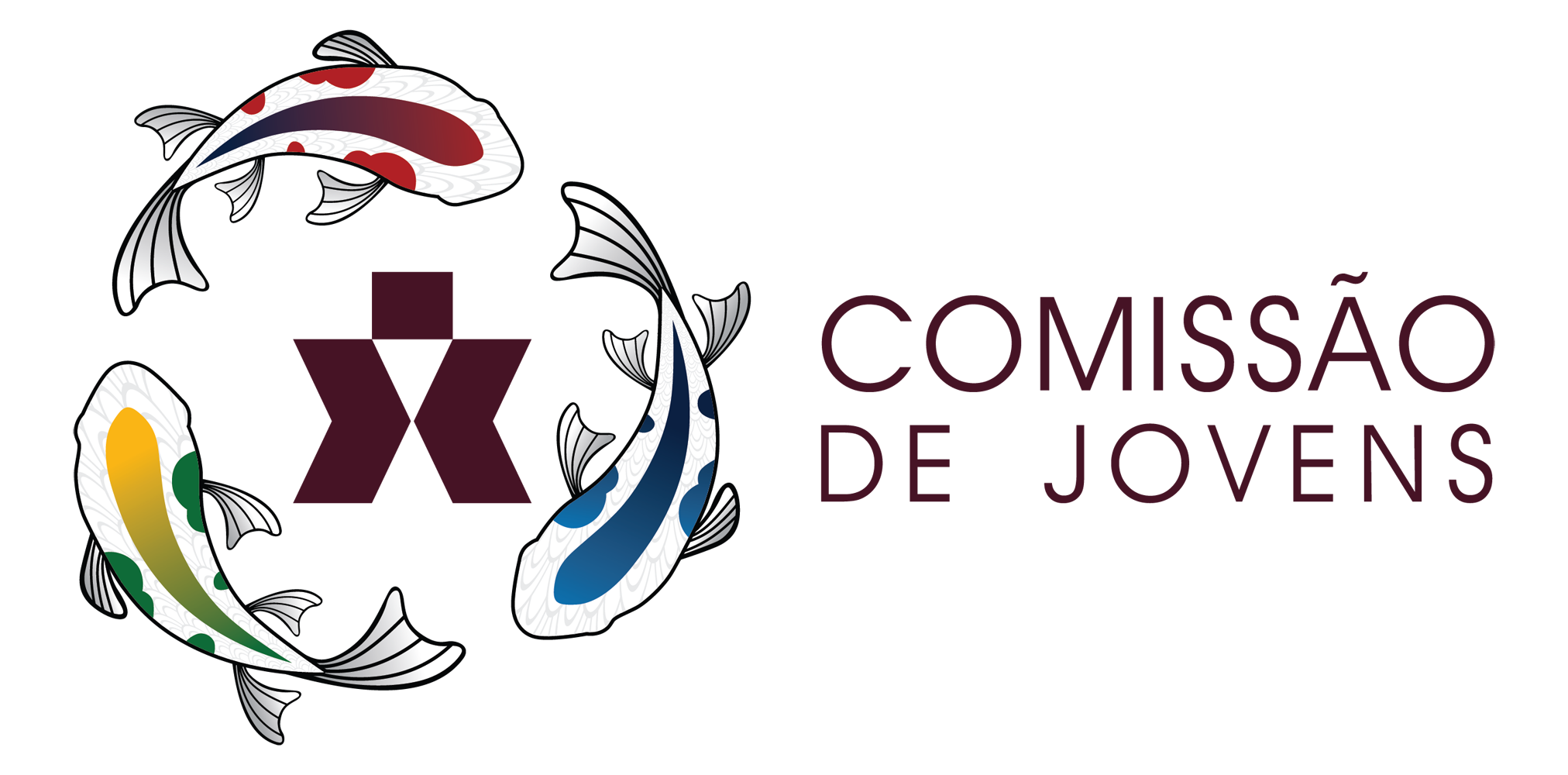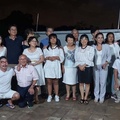I think that most people who have Japanese origins have had contact with nihongo or colonia-go since childhood.
It is a kind of Nikkei dialect in Brazil, where it is a mix between Portuguese and old fashioned nihongo, since it carries the peculiarities and slangs from many parts of old Japan where the immigrants came from (hougen), as a result, an original dialect that is not found in any books, but we can understand each other very easily.
I'm very curious to know if other countries with Japanese immigration has something similar.
As a Nisei, my Parents tried to connect my brothers and I with our Japanese origins, by making us study in nihongo schools from the beginning, or providing us Japanese books and manga purchased at the old bookstore Takano in the Liberdade neighborhood and giving us toys and clothes that my Bachan sent us from Japan.
Imagine how complicated it was in the mid-70s and 80s! At that time, we couldn't understand the importance of it, but now, we are very grateful to them.
My father is an Issei who immigrated to Brazil in 1962 with my grandparents and my mother is a Nisei. And because of them, came my interest in foreign languages. My father had to learn Portuguese to work, helping Japanese companies to establish in Brazil and on the other hand, my mother was almost autodidact in Japanese to talk with myfFather and help him at work.
My education began at a Japanese-style kindergarden called Mutsumi Yochien where most of the students were Japanese and the classes were similar to a typical yochien in Japan.
However, being in Brazil and Brazilian, we studied in local schools, from elementary school to college. For me, it was a big shock because I wasn't fluent enough to communicate in Portuguese properly.
I think it was the reason for my difficulty in learning nihongo. Despite my mother's efforts of putting me in nihongo schools in the neighborhood or having lessons with private teachers, I couldn’t develop my nihongo as well as limited relationships with the Nikkei community. My friends were gaijins (as we called non-Nikkeipeople) or were nihonjins (Japanese from Japan).
Anyways, it's been for many years...
My interest for nihongo came back when I was in law school where I wanted to be a lawyer specializing in Japanese companies and for that I needed to learn nihongo. I studied at Aliança Cultural Brasil Japão (Japan-Brazil Cultural Federation) and graduated at an advanced level, achieving 3kyu (level 3) in Nouryokushiken (Japanese Proficiency Examination – JLTP).
My father, seeing my effort to learn Japanese, proposed to me to study nihongo in Japan as a ryugakusei. I took a break in my 4th year in college and went to Japan for one year. In the early 90's, without internet and other ways to search for information, my Bachan helped us to find and choose a school called Kanda Institute for Foreign Language.
Since I was not a member in any Nikkei associations (kenjinkai), I didn't use any scholarship such as kempi ryugaku or mombusho. I thought I didn’t have this right and my father supported me during ryugaku.
As I had the 3kyu certification, I thought I was very fluent in nihongo. Poor boy! It was completely different to study nihongo in Japan, especially for hi-kanjiken students (countries that do not adopt kanji) and the totally inverted grammatical structure against Portuguese.
But I had a good experience with the healthy competition between students, the support from colleagues and friends, teachers and especially my Bachan. I managed to overcome the multicultural environment and language barriers, lack of family and friends, which in the beginning meant isolation and homesickness. Japan became my second home.
Our common language with friends at school was nihongo and my nihongo skills were improving. I felt freedom to go anywhere, travel, go out and drink with friends, rent an apartment and live alone and arubaito.
I enjoyed this life so much that what was supposed to be one year, became two years in Japan. My original goal was 1kyu and I didn´t want to return. So in order to stay in Japan I failed my 1kyu examination and changed schools to Sanno Junior College. After one year, I got 1kyu certification and my father ordered me to return and finish law school.
I had another shock going back to college. I tried to write everything down and to cover the gap but, I had to study more than others. I remember that a colleague once asked me for my notes and she commented that she didn't understand what I wrote.
After reflecting a little on my two years in Japan, I practically didn't speak or write in Portuguese. (Please remember that it was the 90s, the only communication abroad was by letter or very expensive international calls.) It was the beginning of the immigration of dekasegi and at that time we didn’t have all the structure that we have nowadays.
However, having overcome these obstacles, instead of following the career path of a lawyer, I preferred to be a finance executive, focused in using nihongo. And nihongo has followed my career and my life because my wife and my daughters are Japanese and were an important factor when deciding to move to Japan.
The first decision was for my daughters to be born in Japan and now for my daughters to continue their studies in Japanese schools and universities.
And currently, I'm studying to improve my skills as a legal interpreter and translator due to the huge gap for this kind of professional here in Japan.
I can understand that each person is different from others and with different interests and mindset in relation to nihongo. In my case, nihongo had an important role in my life. But inquiring friends, brothers and relatives wonder why they prefer to study other languages instead of nihongo. And most of the answers were because of the war and studying nihongo was prohibited. And because of that it was not considered as a second or even a third language for most people of the older generation.
But now, it is another time and it is changing because of the popularization of Japanese anime, manga, and food. People are showing their interest to study nihongo. And it is a very positive trend for us Nikkeis. In addition to the kaikans from countryside communities, encourage young people to study nihongo.
And from my point of view, that's what we need to increase more fans for Japanese culture and spread it around the world.
© 2021 Antonio Kotaro Hayata


